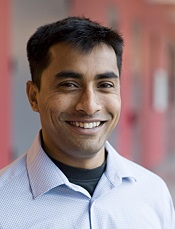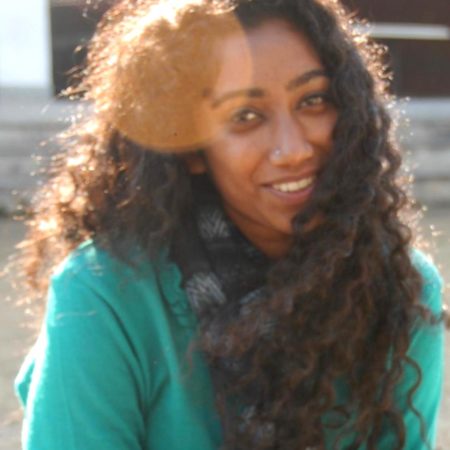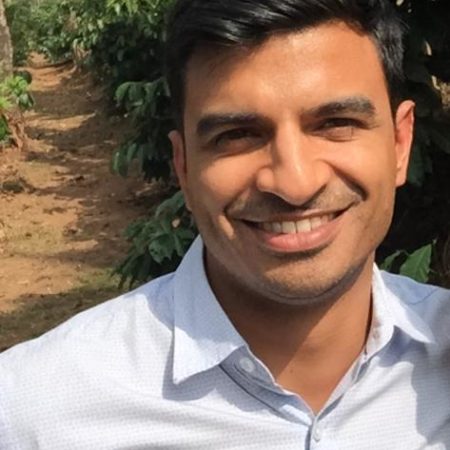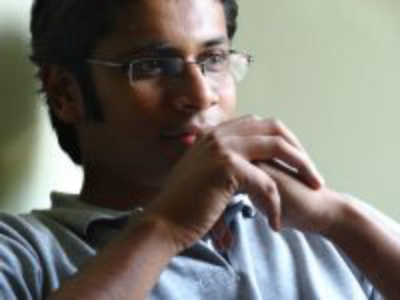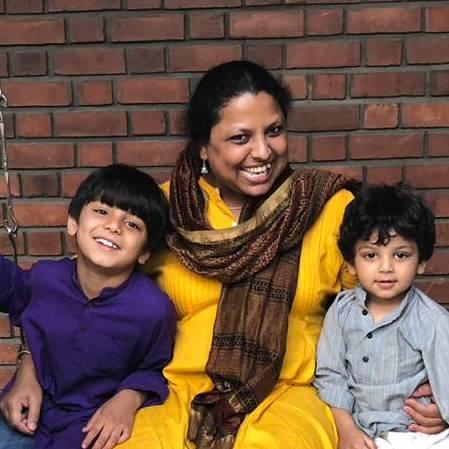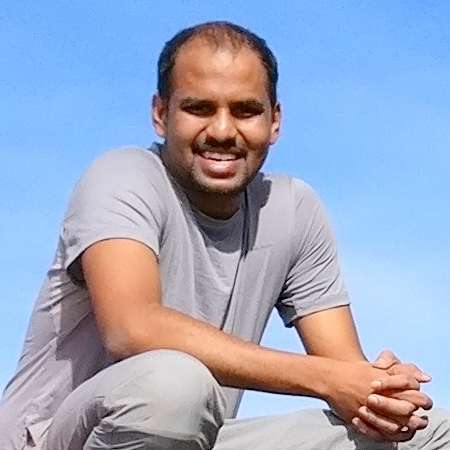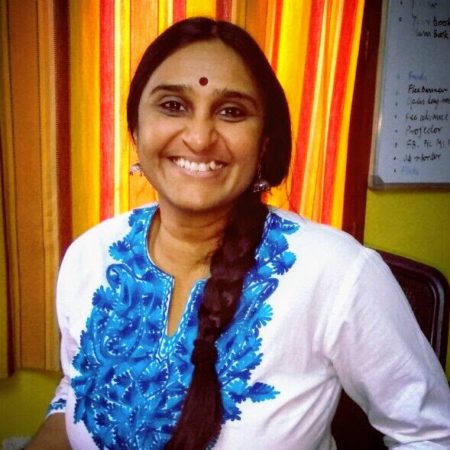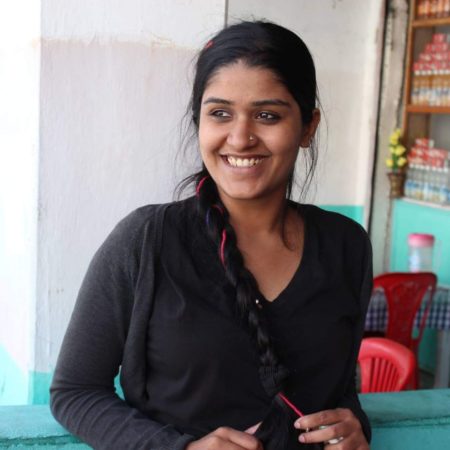Amay Narayan
Class of 2010
In some ways, pinning down how a “CFL education” impacts and informs one’s life is a very tough ask. Much of what one imbibes from the school is intangible, and sometimes you realise only several years later how you have been influenced by the education. Nonetheless, I shall attempt it.
I graduated from CFL in 2010, having gone through my entire schooling there. Upon leaving, I had a keen interest in learning music as well as pursuing my academic interests. I moved to Bombay and joined St. Xavier’s College, while continuing to learn Hindustani Classical music. While I thoroughly enjoyed living on my own in a new city, and learning music, the curriculum at St. Xavier’s seemed dry and devoid of any inspiration. I dropped out and applied to universities in the UK. I then finished my BSc in Economics from the University of East Anglia, Norwich, and then completed my MA in Economics from Simon Fraser University, Vancouver. I then decided to move back to Bangalore instead of working abroad and have spent the last few years working as a research fellow at Azim Premji University.
For me, CFL’s education is neither a means to an end, nor some extremely abstract concept/experience that one tends to leave behind after finishing school. I say “for me” because being part of CFL is a deeply subjective experience, and every student feels it differently. In my own life, I have tried to simplify the ideas and processes that began in my schooldays and found new ways of relating with them over different stages of my life. It can feel overwhelming, and somewhat distant, to think about “well-being”, “the self ”, “finding peace”, in a grand, macro sense. For the majority of us graduates (me included), we end up subject to the usual stresses of life: getting jobs, earning a livelihood, developing deep relationships, raising families. I don’t personally believe that detaching oneself from this “mainstream” is in any way an answer in itself. Instead, I increasingly feel that the power of CFL education lies in being able to relate to it from a myriad different realities and standpoints. Whether you are a banker, a doctor, a teacher, or working in an NGO, it does not necessarily change the questions one grapples with.
To still be able to engage constructively with these ideas in the everyday, I have tried to explore them in the microcosm of my own daily life. This has been a deeply fruitful experience, and as with all such processes, it leaves you with more questions than answers: What does it mean for me to live responsibly? To be sensitive, open, reflective? To understand my own emotions better? I explore these questions for myself at a very simple, practical level. It might mean delving into an unpleasant interaction, or a tough relationship, to figure out why I react a certain way. It might mean asking myself honestly if I really do need whatever I am ordering on Amazon. It might mean swallowing pride, apologising, and owning up to a mistake. These are challenges I face regularly and having a schema to approach them which, I hope, helps me develop as a person over time, is invaluable.
By starting on this small scale, I have found this method eminently useful. It allows for a critical, honest appraisal of oneself in the everyday. It allows, hopefully, for me to reinvent myself periodically, learning from my own patterns and past. It allows me to meet life’s uncertainties and my own uncertainties and insecurities about myself with both humility and confidence. Most importantly, it let me recognise that these questions, emotions, patterns are universal, and there is no single truth or right answer to any of them. In times of struggle, this has helped me have a perspective that lets me distance myself from my own churning and understand the struggle through a completely new lens. My troubles seem to always be at the centre of my universe, but it is so easy to feel like it is the centre of the universe.
CFL gave me a lot to grapple with. One could argue that it made life harder! Perhaps living would be far easier without this lifelong, often torturous process of wrestling with oneself. CFL also gave me other precious things, like a love for being outdoors and in nature, a stunningly good academic experience, and several deep, meaningful lifelong relationships with both peers and adults. However, by helping me start down this road of simple self-discovery, if one can call it that, CFL gave me a strategy, a schema, to tackle each day of ordinary life, one at a time. It is more than I could ever have wished for.
~ Compiled in 2019
